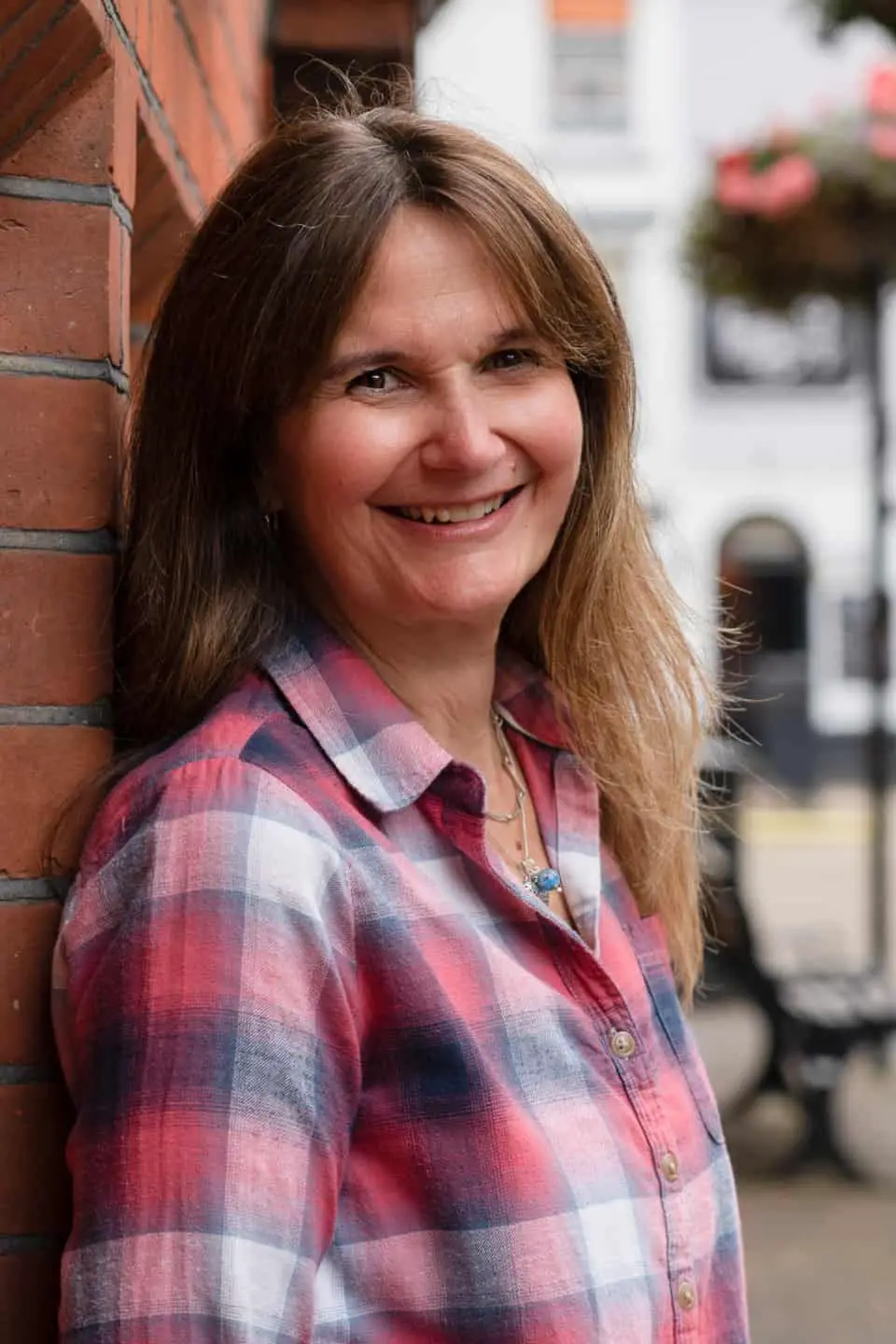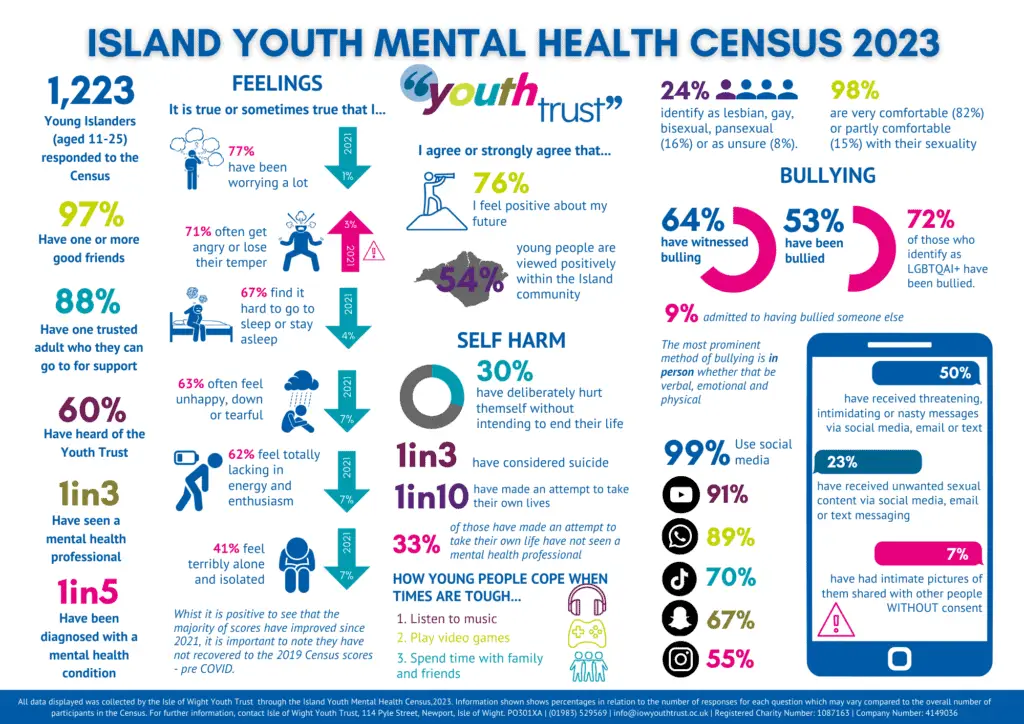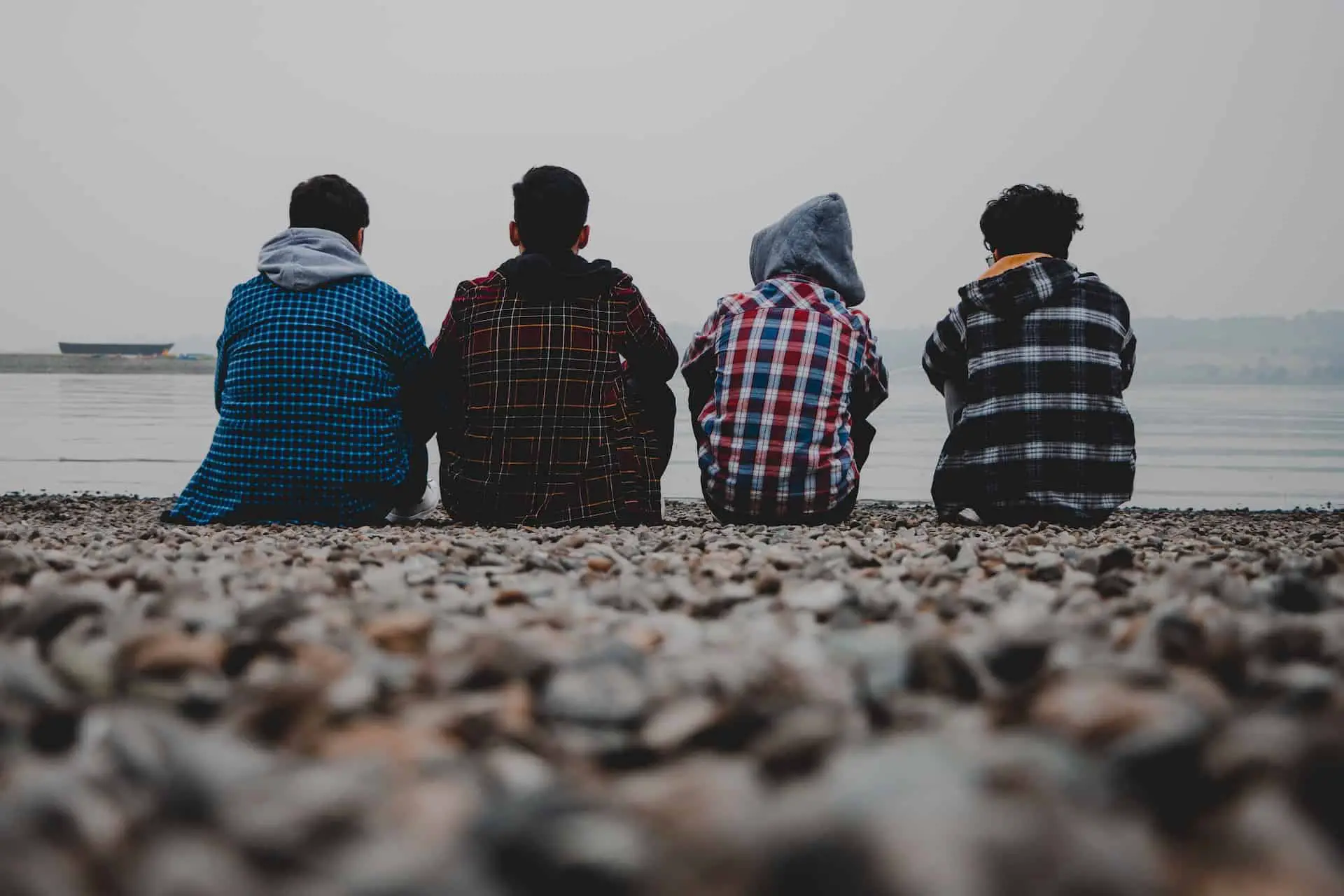The shocking scale of the Island’s mental health crisis among young people has been revealed in a survey conducted by the Isle of Wight Youth Trust.
Findings from the biennial survey conducted by the trust show that many indicators of wellbeing have not recovered to their pre-pandemic levels with the number of young people experiencing episodes of anger showing a notable increase since the last study in 2021.
11 per cent attempted to take their own life
Of 1,223 young Islanders – aged between 11 and 25 – questioned by the mental health charity earlier this year, 30 per cent admitted to deliberately harming themselves, 34 per cent had considered suicide and 11 per cent attempted to take their own life.
Other findings
The findings come as national statistics from the NHS show that in 2020 one in six children aged 5-16 were identified as having a probable mental health condition – approximately five children in every classroom – rates that have doubled since 2017.
This statistic also increased with age and with a noticeable difference in gender for the older age group (17-22 year olds) with 1 in 4 young women identified as having a probable mental health disorder.
The highest rates of under-18 mental health and self-harm related hospital admissions
Jo Dare, CEO of the Isle of Wight Youth Trust, said,
“With these shocking statistics it is no surprise that the Island has the highest rates of under-18 mental health and self-harm related hospital admissions in the South East and one of the highest rates in the country.
“This needs to change and our charity is working hard to put in place additional support to help those in need.”

Facing significant challenges
Children and young people are facing significant challenges in their lives – with social media, global events, the lasting effects of the pandemic and the current economic crisis all contributing to anxiety levels and a decline in mental health.
Of those young people who sought help from the IW Youth Trust, 77 per cent had reported worrying a lot and 71 per cent had experienced anger and regularly lost their temper.
Dare: Getting support shouldn’t be hard
Jo said,
“Our census reveals that life can be hard for our young people, but we strongly believe that getting support shouldn’t be.
“Our charity accepts referrals for support for children and young people aged from five up to 25. We assess each person’s individual needs and decide on the most appropriate form of support. For some young people this can include one-to-one counselling, but for many others we find holding small group sessions of between 3-6 young people more beneficial, providing opportunities for young people to talk to those going through similar problems.
“Such is the demand for help at the moment, we have introduced additional wellbeing sessions so that young people can begin to access the support they need and we would urge any young person to get in touch with us so we can help.”
Bullying a significant problem
The survey also highlighted bullying as a significant problem, with more than half of respondents experiencing abuse.
While in-person bullying was most prevalent – whether that be verbal, emotional or physical – half of all survey respondents also reported that they had been sent threatening intimidating or nasty messages via social media, email or text.
Isle of Wight Youth Trust
The Isle of Wight Youth Trust is the Island’s leading mental health support provider for young people, with almost 40 years of experience, providing youth-led wellbeing and therapeutic support designed to empower young people to face life’s challenges.
Last year, its team of counsellors and specialist practitioners delivered more than 3,300 sessions, supporting young people to work towards agreed goals and equipping them with coping skills for dealing with different problems and situations.
Sessions for parents
The charity also provides sessions for parents to help them better understand how to support their child’s mental health needs, as well as family counselling sessions.
Youth Taskforce
Its Youth Taskforce made up of volunteers aged 12 to 25 advises the charity on its activities to make sure current issues being faced by young people are being addressed by the charity. They also champion mental health among their peers, sharing experiences and highlighting the support available via the Youth Trust.
Sasha from the Isle of Wight Youth Trust Mental Health Taskforce said,
“I think that the results of the census highlight that there is a huge majority of young people on the Island who are currently struggling in some way with their mental health at the moment, and this only proves the need for more help for young Islanders and it is vital that services continue to grow and provide support when needed.”
Find out more
Information and advice for young people in need of mental health support can be found on the website.
For those in need of help in a crisis please go to the website.
As a local charity, the Isle of Wight Youth Trust always welcomes support from the local community. Individuals or businesses interested in helping to raise vital funds should contact [email protected] or visit their website.
An infographic on the 2023 Isle of Wight Youth Trust Census can be seen below.

The survey was sent to all Isle of Wight schools and promoted via youth groups and social media.
News shared by Nat on behalf of Isle of Wight Youth Trust. Ed





